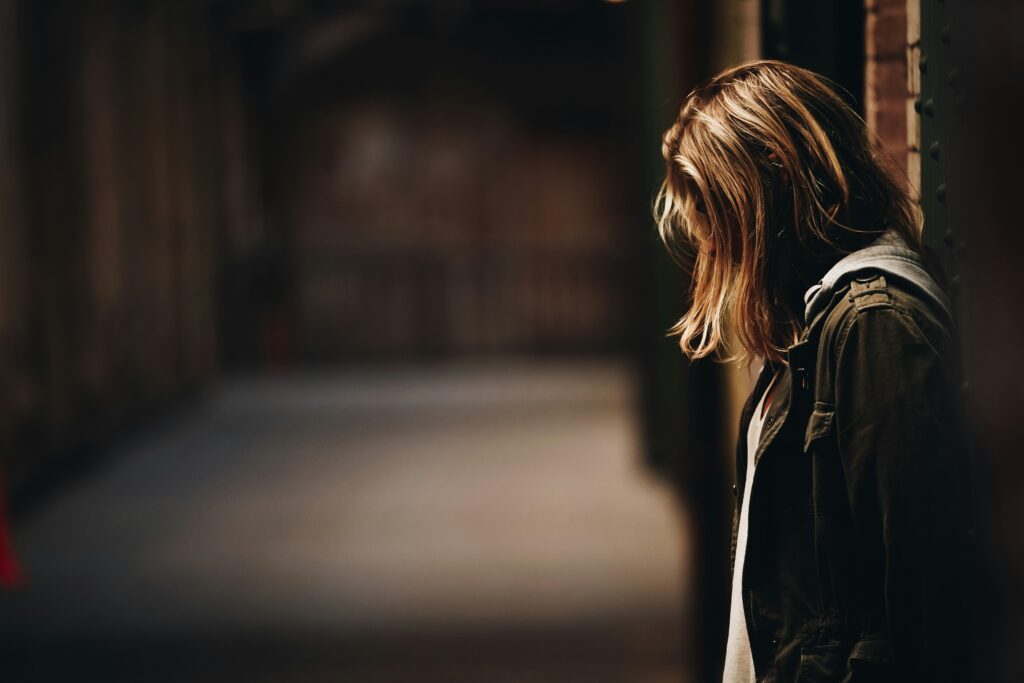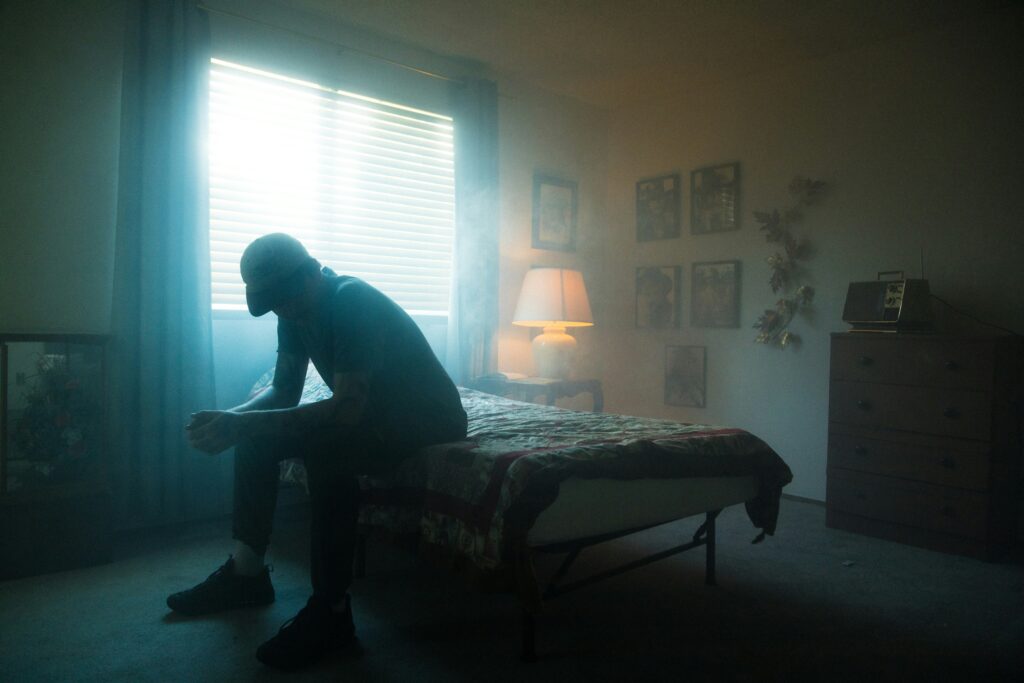
by Jeanne Gorman
Special to The Leaven
LEAWOOD — The Ladies of Charity of Metropolitan Kansas City is comprised of women from some 40 different parishes from the Diocese of Kansas City-St. Joseph and the Archdiocese of Kansas City in Kansas. Seton Center in Kansas City, Missouri, and Villa St. Francis in Olathe are its two current beneficiaries.
But members volunteer with many other organizations “who walk with the poor.” Given the clientele served, its members encounter many who have experienced traumatic events in their lives.
Accordingly, on a brisk morning in mid-January, more than 50 women responded to the call of Dr. Catherine Powers, president of the Metro-KC Ladies of Charity, and attended a three-hour educational forum at the Church of the Nativity in Leawood on trauma-informed care.
The program was designed to help members and others “be more aware and empathetic to the people we (Ladies of Charity) serve . . . the poor, disenfranchised, elderly and sick.”
In addition to data-backed insights on how trauma and stress affect people’s lives, it aimed to provide caregivers, who often experience fatigue and burnout by carrying the pain of those for whom they care, with coping mechanisms to continue their work.

Led by Andrea Dalton, director of the Center for Trauma Informed Innovation of the University Health Behavioral Health (formerly Truman Medical Center in Kansas City, Missouri), and Roxanne Pendelton, senior consultant there, the presenters explained how to respond to trauma and build resilience. Trauma results when individual perceptions and internal and external resources are overwhelmed by real or perceived external threats. The event is not the trauma, but the response is. And it can be long-lasting, as it impacts our nervous systems.
They emphasized that all of us have been exposed to some degree of trauma in our lives — ranging from being shamed or yelled at by parents or teachers to domestic violence, sexual abuse, and physical and emotional neglect, among other things. These events are now referred to as Adverse Childhood Experiences (ACEs).
Exposure to such experiences and other adverse events — broadly characterized as “Adverse Community Events” (i.e., substandard schools, discrimination, joblessness, etc.); “Adverse Climate Events” (i.e., tornadoes and hurricanes, pandemics, etc.); and “Atrocious Cultural Experiences” (i.e., slavery, forced family separation, etc.) — shape our brains and nervous systems, and can impact our mental and physical health, according to one recent large study.
Fortunately, said the speakers, these are risk factors — but not necessarily destiny. Think of survivors of concentration camps, for example.
External resources, like those provided by the Ladies of Charity, can be particularly helpful.

Neurological science tells us that faith experiences and faith communities are a powerful way to transform the trauma a person has experienced, one of the presenters observed. Truly, people need people. That’s where the Ladies of Charity can come in.
Aided by detailed handouts and slides, the presenters informed the participants about the role traumatic events play in shaping our lives, by physically changing our brains in ways that cannot be altered. The presenters’ goal was to assist the women in responding to their traumatized brothers and sisters in ways that acknowledge the trauma experienced and help build resilience.
They went on to lead the women in a hands-on exercise demonstrating how events impact the architecture of the brain. What happens to us, especially in younger life, changes the architecture of the brain physically and indelibly and can impact the person’s life going forward, they explained. What one might even consider a sinful act may, in reality, be a direct result of ACES or other adverse events in our lives that have altered our brains.
The presentations helped the participants understand why people react in certain ways that interfere with their ability to accept help or escape the damage that has been done to them by events beyond their control.
Moreover, the presenters gave tips on how caregivers can address their own trauma caused by caring for those reacting to trauma with an intentional act as simple as saying a prayer, taking a deep breath or moving about.
The response to the presentation was enthusiastic. Catherine Powers reminded the group that the Ladies of Charity are to see Jesus in everyone they serve.
Barbara Cooke, a member of Visitation Parish in Kansas City, Missouri, and a former counselor with Catholic Charities, said she “especially appreciated the advice to ask what happened to the person being served and not ‘What’s wrong with you?’”
Nancy Deschamp, a member of Holy Cross Parish in Overland Park, said she was very impressed with the two speakers.
“I learned a lot that was helpful to me in dealing not only with potential charity work,” she said, “but also with my own community, family, volunteers and colleagues.”






